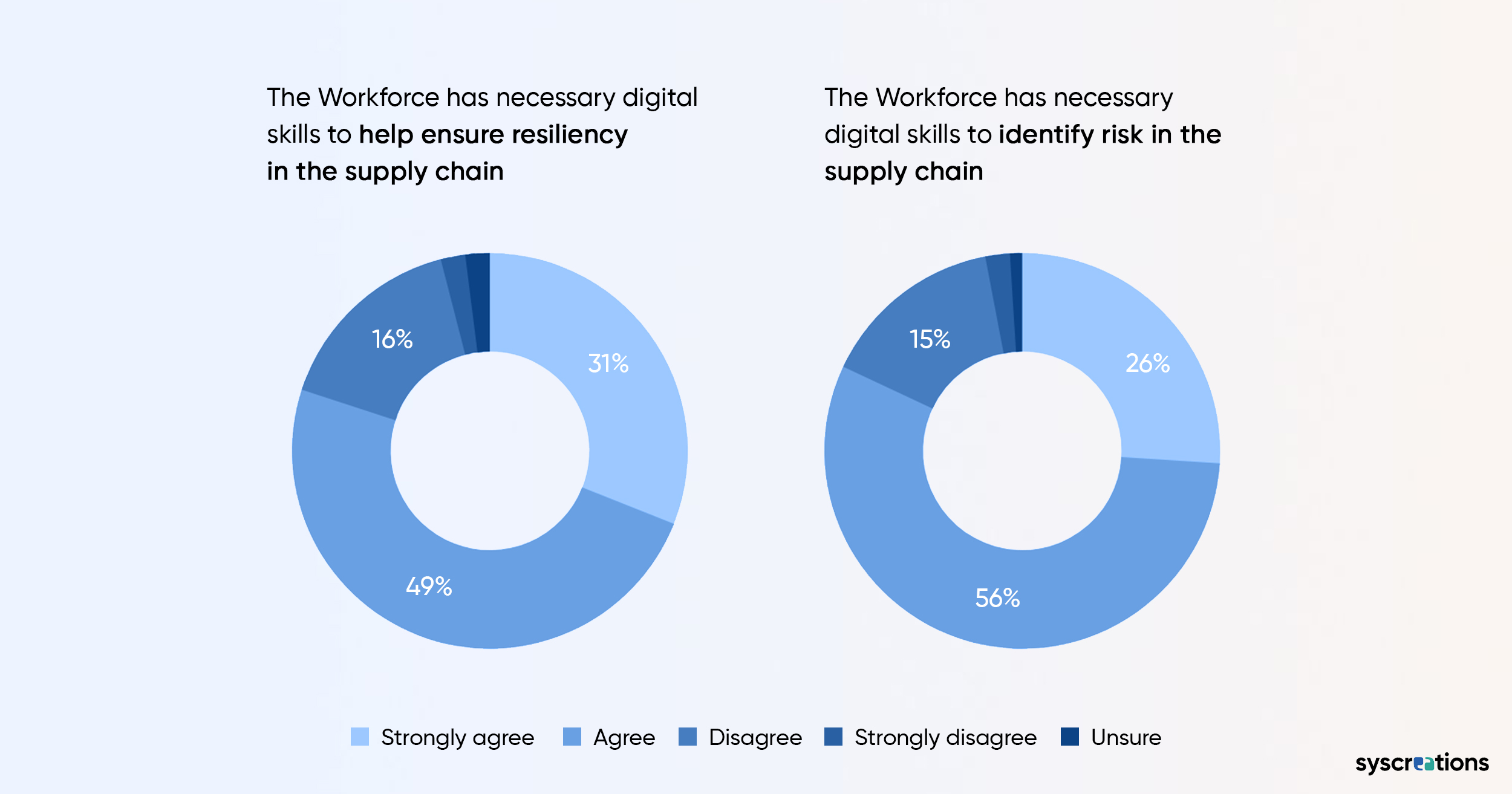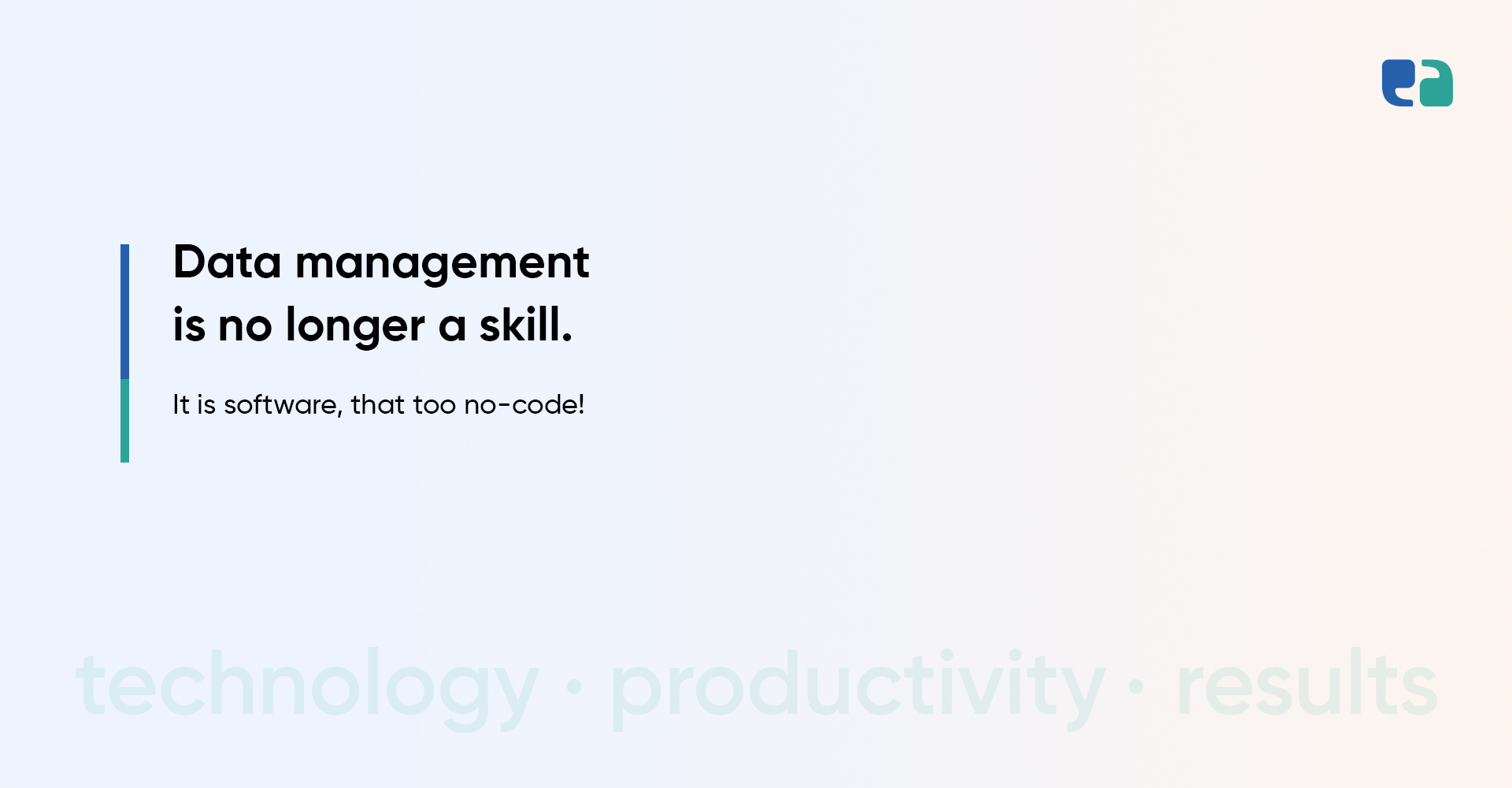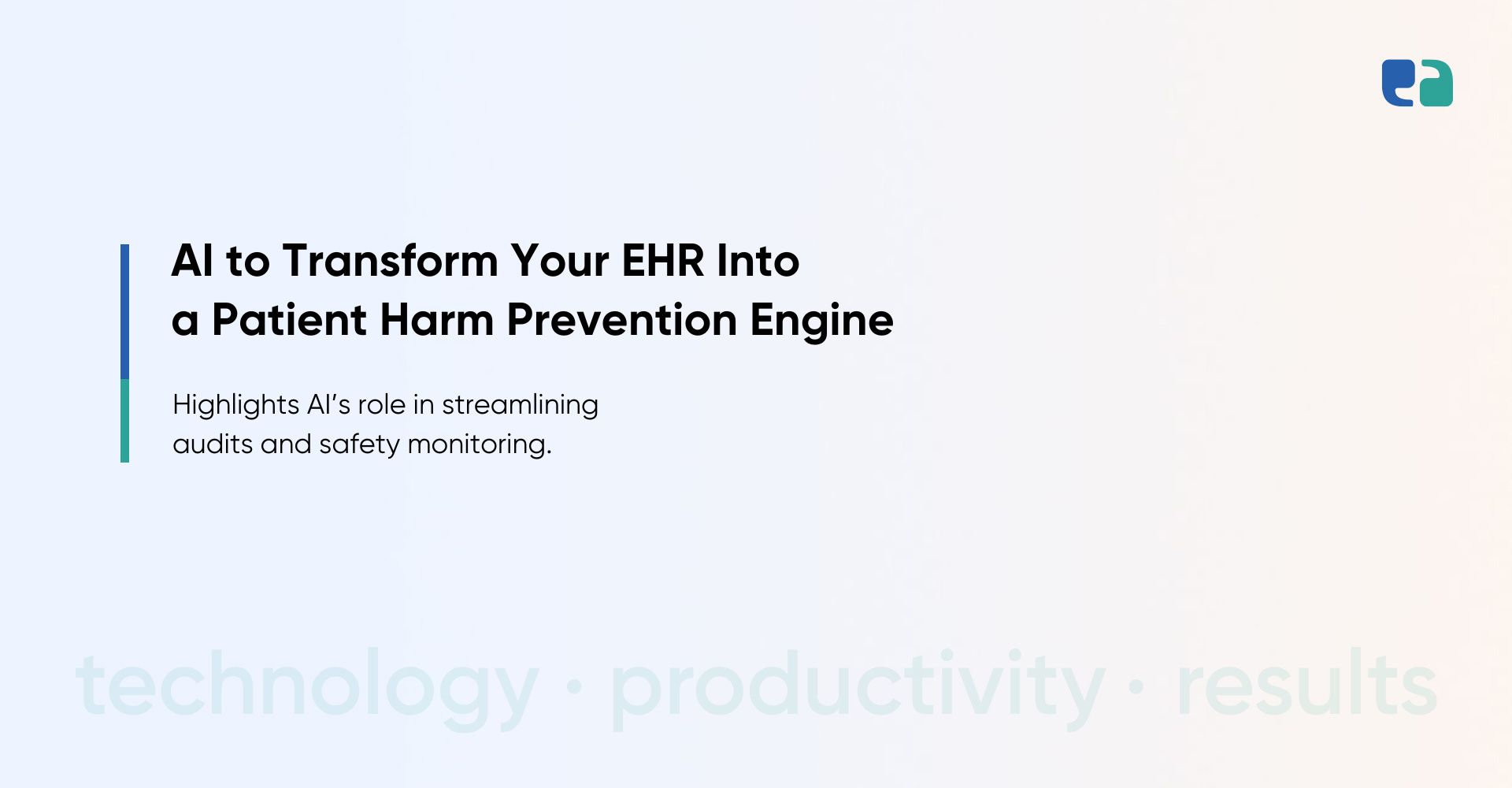Advancements in technology are revolutionizing the operations of the pharmaceutical industry.
With the rapid integration of digital solutions and innovative technologies, the industry is witnessing a transformative shift that is
- Driving efficiency
- Enhancing patient care
- Revolutionizing the pharmacy supply chain
The Transformative Power of Technology
According to a recent survey conducted by PwC, 98% of pharmaceutical companies believe that digitization will fundamentally change their supply chain operations.
These technological advancements are reshaping the industry in several ways, allowing pharmaceutical companies to streamline their processes and make informed decisions.

Let’s delve into some of the key innovations and their impact on the industry.
The Benefits of Using Technological Innovations in the Pharmaceutical Industry
The integration of technology brings several benefits to the pharmaceutical industry. Let’s explore a few key advantages:
The Challenges in Digitizing the Pharmacy Supply Chain
Overcoming these challenges requires
- Careful planning
- Strategic investments in technology and infrastructure
- Strong partnerships with experienced technology providers
Gain a Competitive Advantage in the Evolving Industry with Digitized Pharmacy Supply Chains
Digitizing the pharmacy supply chain is essential for staying competitive and meeting the demands of the modern healthcare ecosystem.
Partnering with a trusted healthcare software development company is crucial for digitizing the pharmacy supply chain.
We, at SyS Creations, are working dedicately in the healthcare domain.
We are a leading provider of innovative solutions and expertise in the pharmaceutical domain.
Our range of services is designed to address the specific needs of the industry, enabling pharmaceutical companies to navigate the complexities of digitization with confidence.
Embrace the power of technology and stay a step ahead with us as your trusted partner in the journey toward a digitized pharmacy supply chain.
Click on the contact button and let’s discuss your unique requirements.



